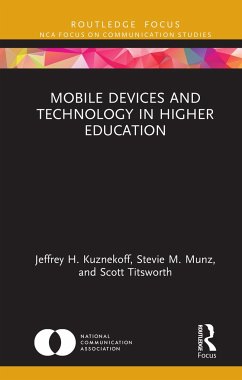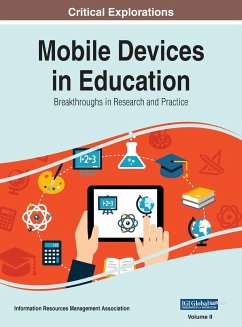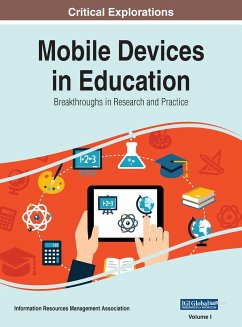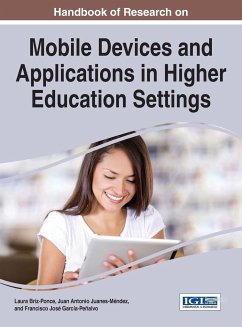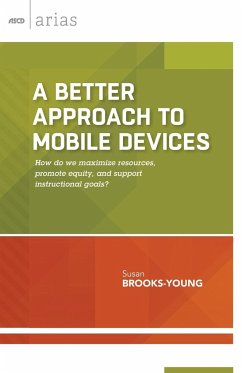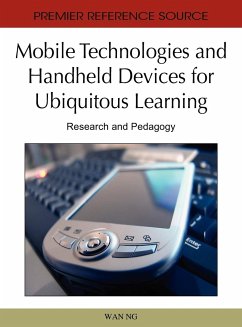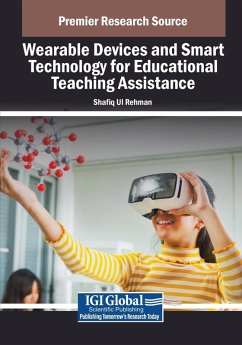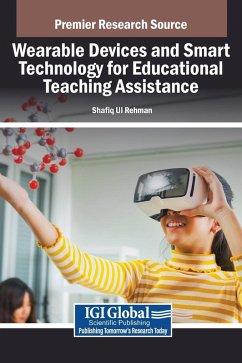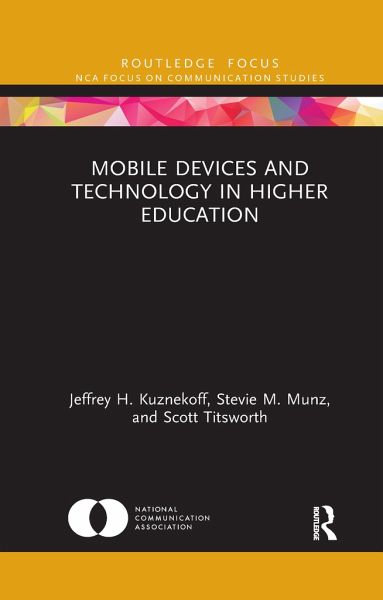
Mobile Devices and Technology in Higher Education
Versandkostenfrei!
Versandfertig in 1-2 Wochen
28,99 €
inkl. MwSt.
Weitere Ausgaben:

PAYBACK Punkte
14 °P sammeln!
This book examines key issues at the intersection of education and technology by addressing the question that most educators face-how do we use technology to engage students in the learning process and enhance learning? Problematizing the view that technology is the default solution to a host of problems facing education, while also recognizing that technology has an important place in a variety of education levels, the book provides readers with clear insights on technology and learning from a variety of perspectives from communication studies, education, and related disciplines. This volume ...
This book examines key issues at the intersection of education and technology by addressing the question that most educators face-how do we use technology to engage students in the learning process and enhance learning? Problematizing the view that technology is the default solution to a host of problems facing education, while also recognizing that technology has an important place in a variety of education levels, the book provides readers with clear insights on technology and learning from a variety of perspectives from communication studies, education, and related disciplines. This volume is an essential read for scholars and teachers working in the area of elementary education. It will also be of interest to academics working in the area of education, postsecondary education, and learning and can be used as an ancillary text in graduate-level seminars.





